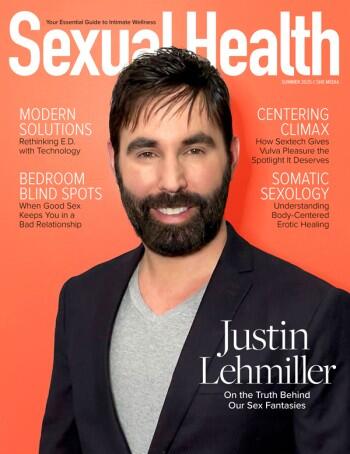Being able to speak up is a privilege that is not a reality for a lot of people. Many people have grown accustomed to the old adage of “speak only when spoken to,” or “only offer an opinion if it seems safe to do so and only if it was requested of me.” “Respect” is a pretty vague word that has a lot of different meanings to different people. Some demand respect, which to others might mean that that person will never get it — because it has to be earned. According to its proper definition, respect not only means, “an admiration for someone based on a result of their abilities, qualities or achievements,” but it also includes “due regard for one’s feelings, wishes, rights or traditions.” That means to accept someone as they are, without wanting or trying to change them in any way whatsoever. It’s unconditional acceptance of and belief in honoring the truth in someone’s perspective … solely because it’s their opinion.
To forcefully demand respect from someone is to attempt to control how one perceives another. There is no respect in demanding to be respected. The definition of the word itself clarifies that. One can refuse to engage with someone being disrespectful, but demanding respect often has the opposite effect on people.
Honor the ability of everyone on your team to contribute by recognizing them and giving them the floor, and then listen to their contributions.
As we move into a more integrated world-view, it seems most appropriate to reconsider how we treat each other. Rather than trying to intimidate someone into giving (your definition of) respect, consider other people’s boundaries, reflection and personal respect. Honor the ability of everyone on your team to contribute by recognizing them and giving them the floor, and then listen to their contributions.
Often in the workplace, “respect” is viewed as a synonym for “compliance.” Doing what someone says out of respect for them has a completely different feel than doing something for someone because they demand it. Control and fear can make people a little hesitant to offer an unsolicited opinion at an office meeting.
Just because someone isn’t responding right away does not suggest they have nothing worthwhile to say. It could mean they don’t feel they have enough information yet to contribute. It might mean they were taught their opinion wasn’t reflective for the whole to hear. It could also mean that they find it disrespectful to offer advice without being deliberately and specifically asked. They might’ve been taught that doing so is undermining to the local leadership and is to be avoided at all costs, regardless of their personal opinion on the matter.
There are many possible cultural and individual reasons why people respond and interact in the ways in which they do. It’s best to not make assumptions about anyone … not about their preferences, how they identify with their surroundings, or even how they wish to be treated.
I was taught “the Golden Rule.” It basically means to treat someone as you wish to be treated — but as a friend and colleague recently pointed out, it’s better to treat people how they wish to be treated. For example, let’s say you were taught it was honorable and socially appropriate to address someone by “sir” or “ma’am,” and so you do. What if that person wasn’t raised with the same social niceties as you were? Suppose that to them, being labelled with one of those terms is offensive? What if they feel you are profiling them? It’s possible too that you may be mis-gendering them because you made an assumption based on the expected norms you were taught, but that are inaccurate and your politeness isn’t received politely?
The more we are willing to acknowledge others beyond ourselves, the more we are able to see the very attributes that solidify our inclusivity in the workplace. And who wouldn’t want to belong and be seen as who they truly are?
Dr. Lee-Anne Francois-Dornbusch is a transformation and integration specialist. She hosts the podcast "Naturopathic Life and Living."







